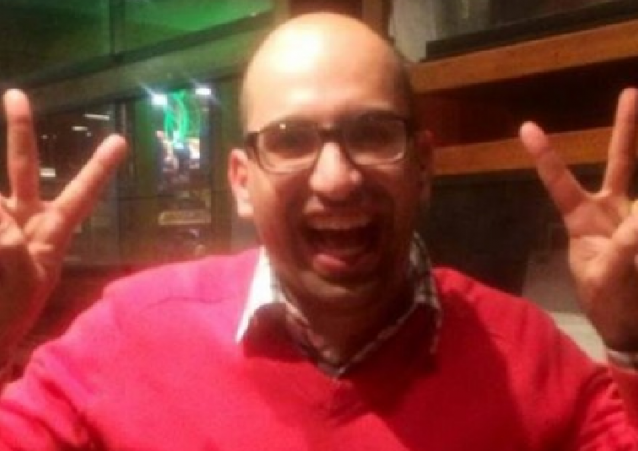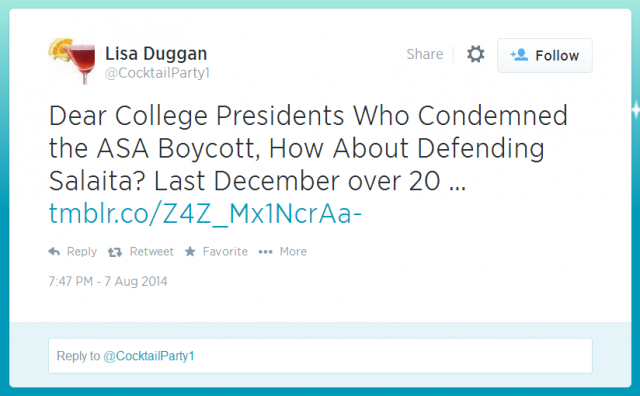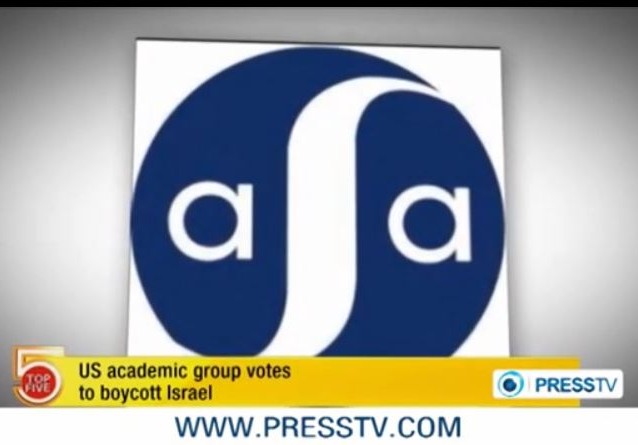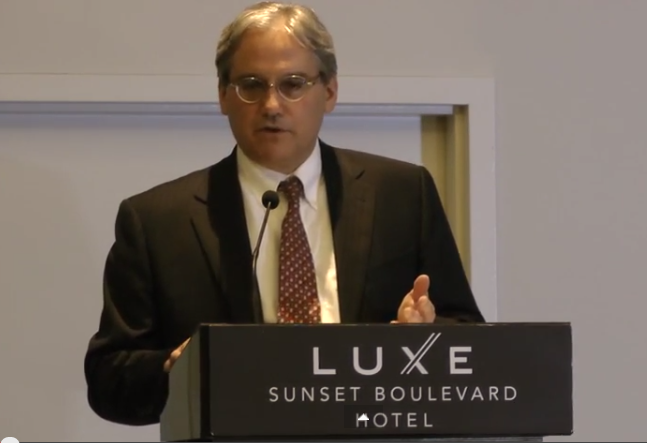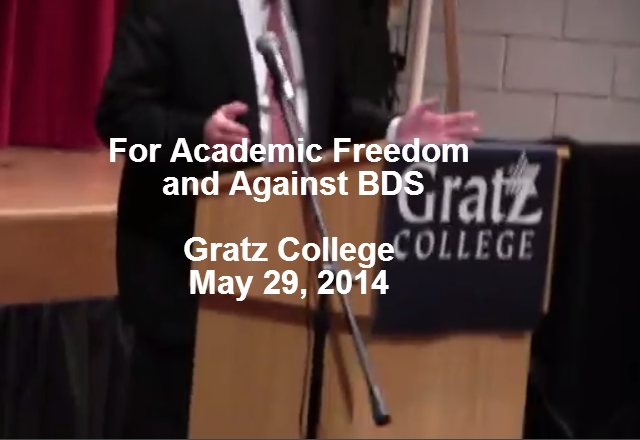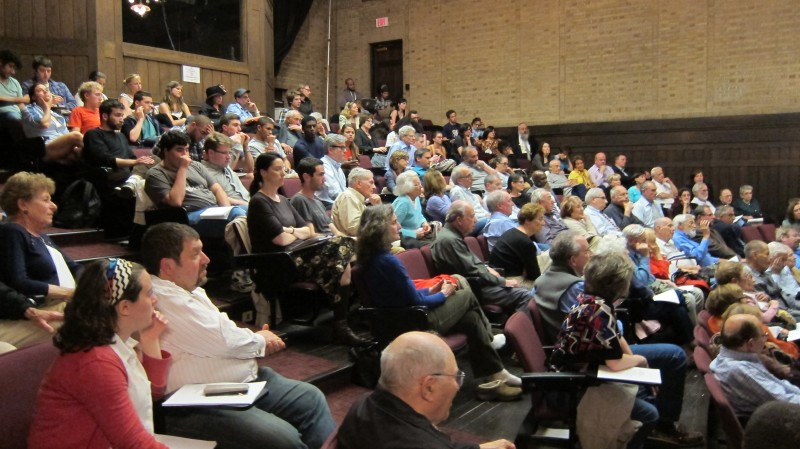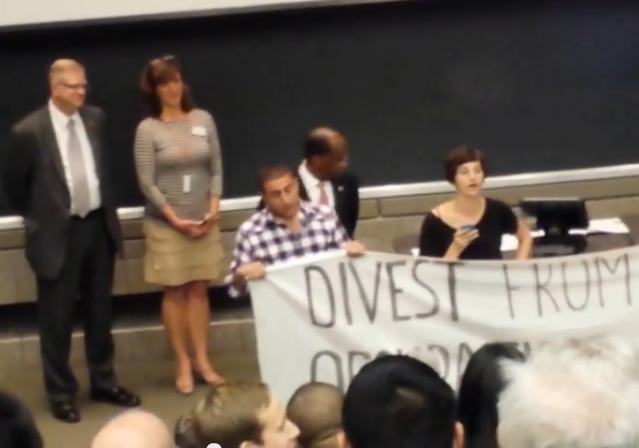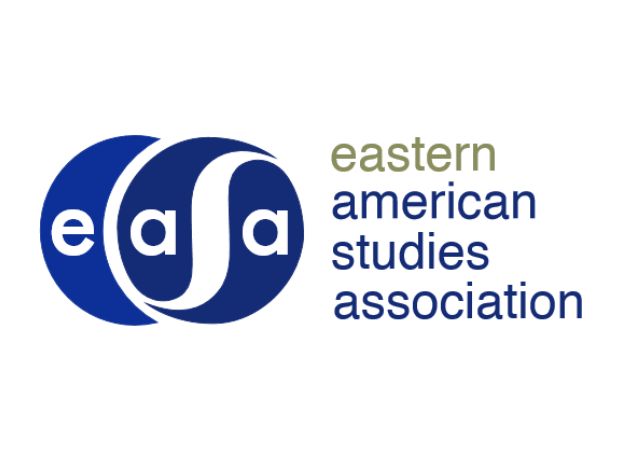I have argued strenuously against the academic boycott of Israel,
led by people like Steven Salaita, on a number of grounds.
Not the least of those grounds is that academics who insist on violating the academic freedom of Israelis and those who wish to interact with Israelis do damage to the system in its entirety.
That is one of the reasons why the American Association of University Professors, numerous university associations, and over 250 University Presidents
issued statements opposing the academic boycott of Israel passed by the American Studies Association in December 2013.
There is a related point to how academic boycotts have a negative ripple effect.
On what ground do the academic boycotters of Israel claim their own academic freedom if they are so quick to deny it to others?
Because they think they are right? What if the people who want to boycott the boycotters believe just as firmly in their own correctness?
Now you can see why universities reacted so swiftly in rejecting the academic boycott -- it's easy to start, but hard to stop.
As posted earlier, Inside Higher Ed reports that Salaita allegedly was denied an offer at U. Illinois at at Urbana-Champaign because of his tweets. I don't know if that's true, if it was the anti-Israeli views expressed in the tweets, or if it was that the tweets arguably presented Salaita as an unhinged and unstable demagogue who would bring disrepute on his institution and intimidate his students; or any or none of the above.
Many of those rushing to Salaita's defense on the ground of academic freedom, however, themselves are among the worst violators of academic freedom through the anti-Israel academic boycott. They would turn away a Dean or representative of an Israeli academic institution, would bar joint programs and research, and even cooperation in journal publications.


